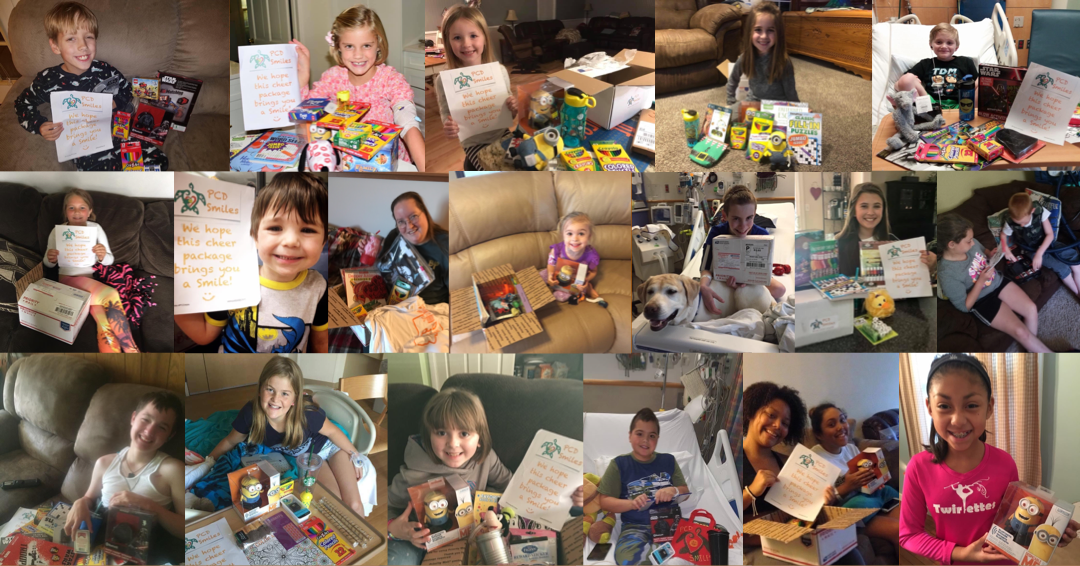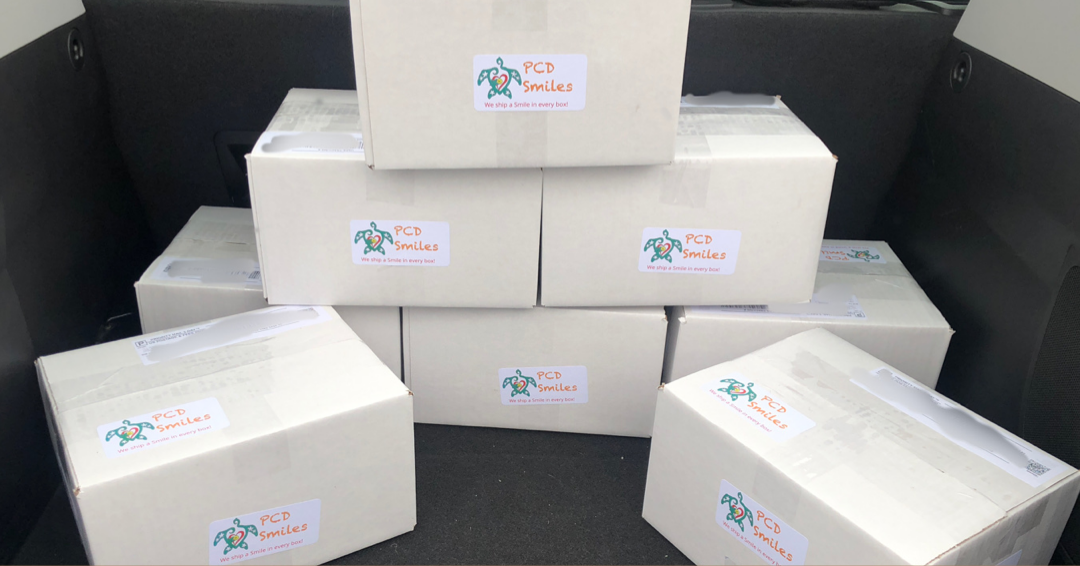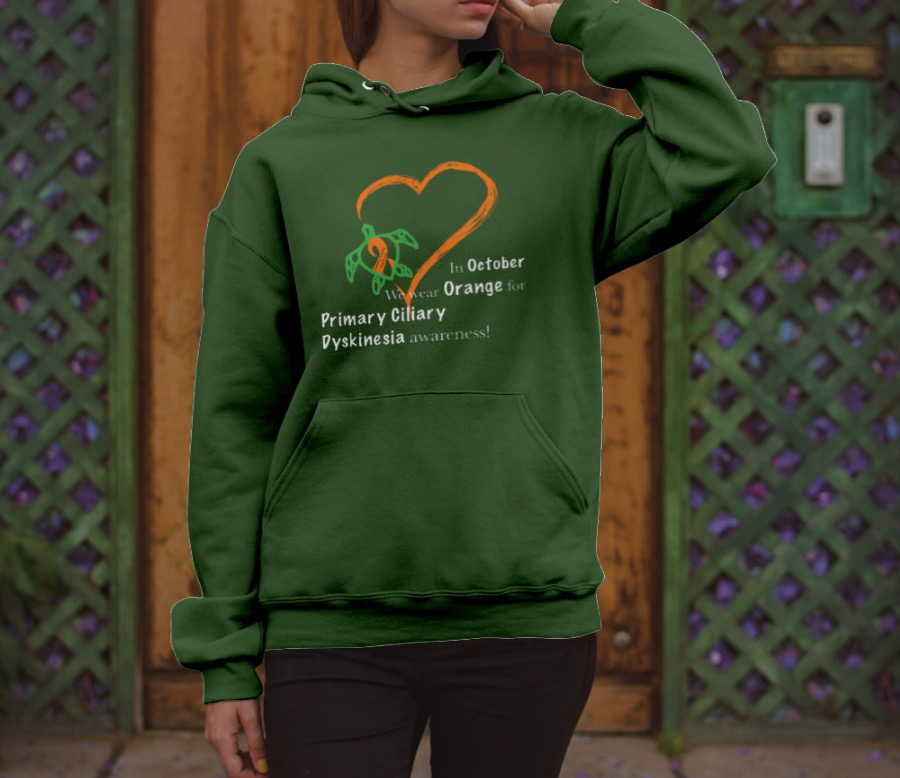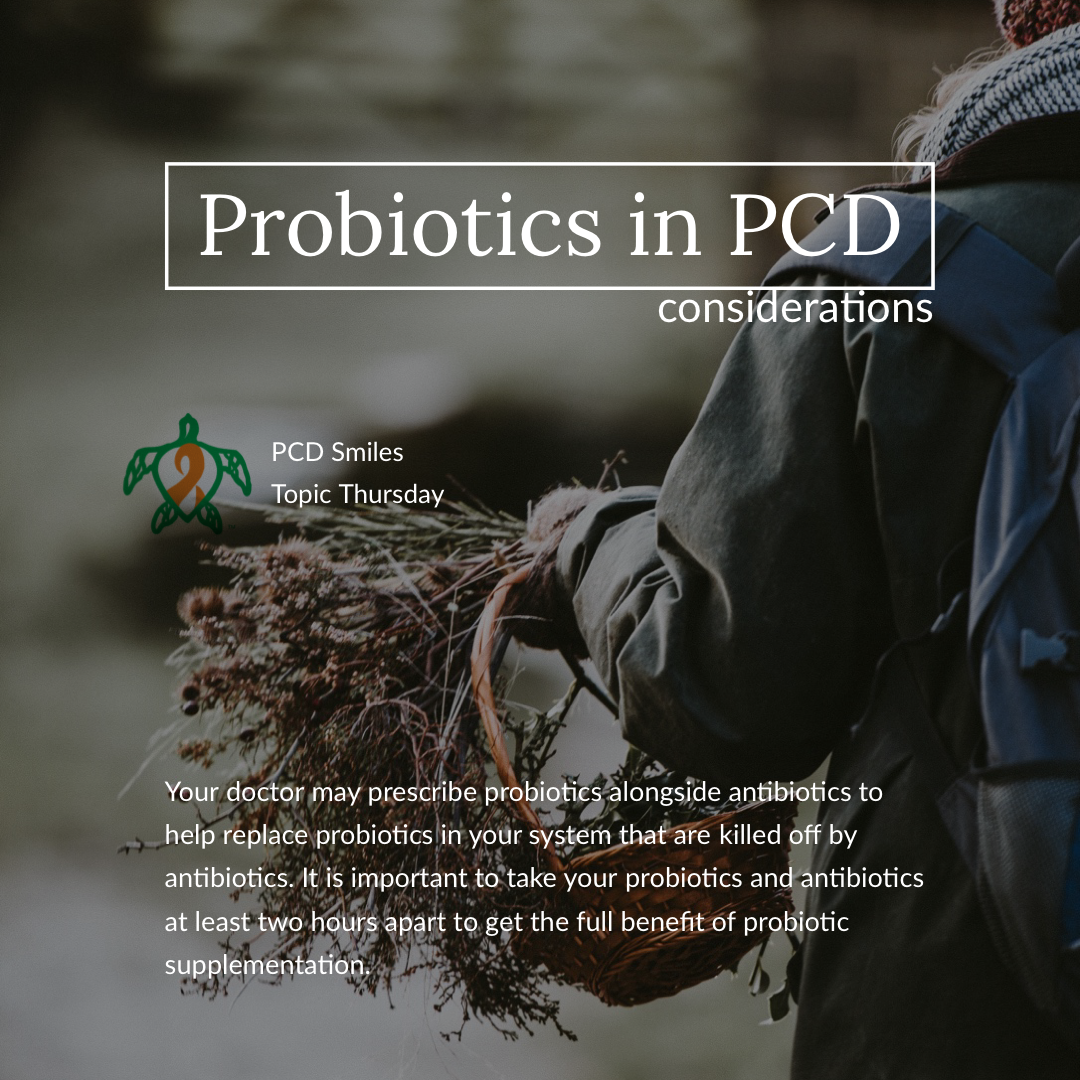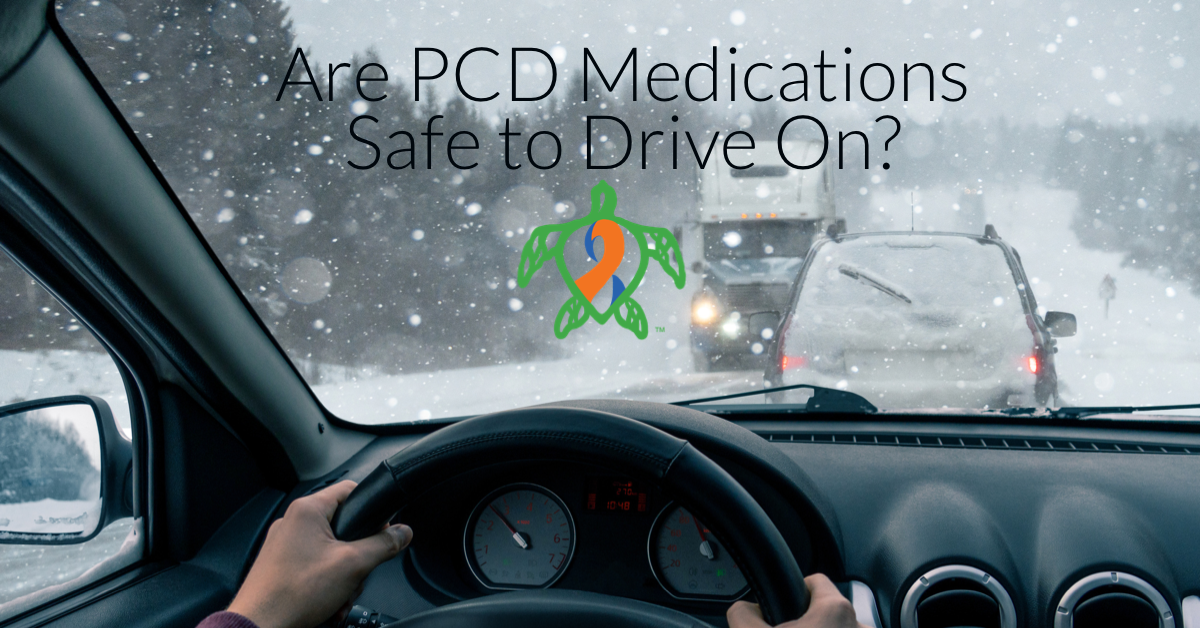Dear Ask Smile E.,
I don’t feel welcomed in the PCD groups lately. I mean I’m glad they or their child doesn’t have PCD as bad as mine does, but why demonize others with PCD and make them feel like they are doing something wrong and that is why they or their child is so sick with PCD? Smile E. Can you please give me a list of more supportive groups for sicker PCD patients? Are there any out there? I feel alone and looked down on.
Signed,
Feeling Like a Failure
Dear Feeling Like a Failure,
First let me start by again thanking you for allowing me a few weeks to answer this, per our correspondence. I appreciate the extra time to ponder this question and get some feed back from a few of our resources.
In short, it appears that there is no separate Facebook group for PCD patients with more significant disease and disability; yet. I do have a list of PCD support groups that I can private message you; so you can check if you are in all the PCD groups that are currently known to be in existence. I can also try to personally connect you up with PCDers or PCD families that have a similar situation to your own. And the PCD Foundation has a wonderful lady, who is a personal friend, that helps to connect up families with similar PCD situations as well. Sometimes that personal connection and personal conversation can go a long way in supporting one another through this difficult journey. If any of this interests you, please message us on Facebook or at my email where you sent this question to.
On a personal level; I’m really saddened by the fact that you haven’t been able to find the support that you need. I think sometimes, when we are in support groups, that in trying to be cheerful and supportive with encouragement that we forget that there are real people out there with PCD that are really struggling to make it. Even as a PCD patient, sometimes I find myself only sharing the good and briefly glossing over the bad parts. It’s sometimes very hard to admit you are struggling. And sometimes it is very hard to face what another PCDer is going through, because you worry that you will eventually end up there as well. It is definitely very important to note that Primary Ciliary Dyskinesia has such a broad spectrum of severity that it can be hard to judge where one falls on that spectrum. Some PCD patients live relatively normal lives with relatively normal FEV1s (lung function), and then there are those with very significant disease who require lung transplantation by early adulthood. The NIH (National Institute of Health) estimates according to their research that most PCD adults can have relatively stable periods of lung function but ultimately those same adults will have a decline in their lung function as they age; and many adults have lung function in the transplant range. I definitely hope that your questions will spark conversation within the PCD community about how we can be more inclusive to everyone in our community. I really wish that I could give you a big old hug, over coffee or tea, and tell you that you are not a failure; but a virtual hug will have to suffice for now.
Yours Truly,
Smile E. Turtle
Do you have a question for Smile E.?
Please EMAIL your questions to;
And tune in next Sunday to read the latest Ask Smile E.
Join our Facebook group Turtle Talk Café today, click here.
We have several ways that you can donate to PCD Smiles;
- Visit Smile E. Turtle's Amazon Wishlist
- For more information on how you can donate, please visit our "Donation" page to check out our "Do & Don't policies.
- Or sponsor a PCD Smiles cheer package today!
- To shop for your “Official” turtle care ribbon gear today, visit PCD Style or Smile E. Cove
Thank you for your consideration!
